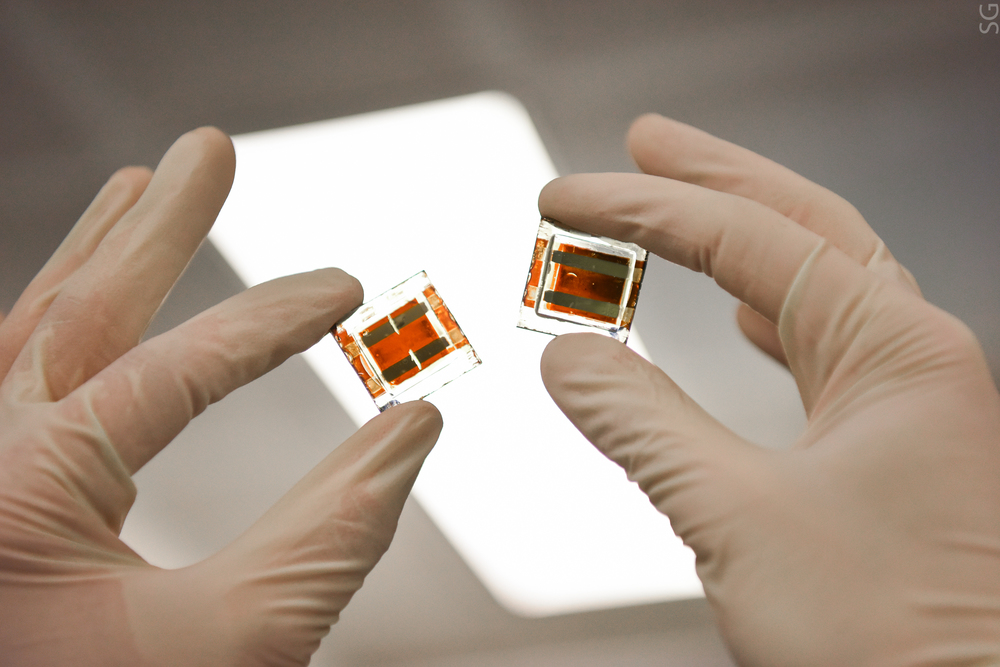30 Shades of Steel: Scientists Develop “Cheat Sheet” for the Creation of New Steels
Researchers from the National University of Science and Technology “MISIS” developed a database that will help create new grades of steels. This will to speed up the process of creating innovative steel grades with specified strength and ductility allow at least 10 times, which will allow manufacturing car bodies of the most complex shapes. Article on the research is published in “Calphad”.


